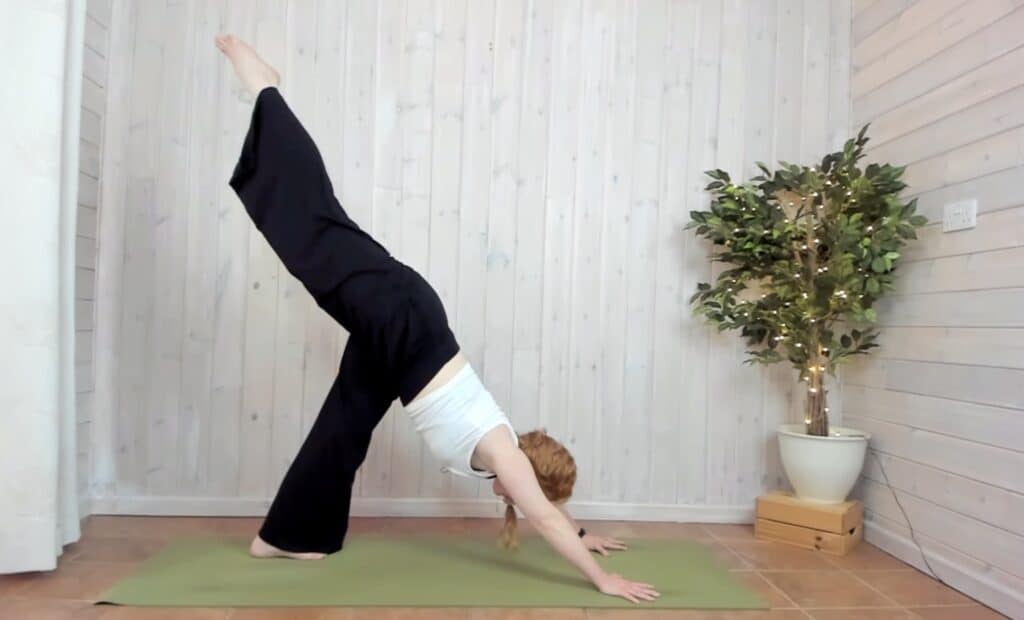As the new year approaches, many of us start on a journey of self-reflection, evaluating where we currently are in various aspects of life and thinking about where we want to be. Unsurprisingly, health-related resolutions normally top the charts for the resolutions people set for themselves, usually something about exercising more or eating healthier. Despite the attempts, the road to realising these aspirations is often fraught with challenges, as evidenced by this study of 3,000 people that shows that a mere 12% achieved their health-related goals a year later.
Navigating behaviour change is no simple task, but if we look at the insights from behavioural science we can bolster our chances of success. Let’s explore three common pitfalls we can encounter when striving to improve our health, along with science-backed strategies to replace them.

Pitfall #1: Unrealistic or Excessive Goal Setting
If you’re the type of person to set overly ambitious goals, or just a lot of them, you’ll probably know how easily this leads to burnout and an abandonment of the goals themselves. To counteract this, consider adopting SMARTER goals: Specific, Measurable, Action-oriented, Realistic, Timed, Evaluated, and Reviewed. Ask questions like:
- Specific: What precisely will I do?
- Measurable: How frequently will I engage in the activity?
- Actionable: What actions are required?
- Realistic: On a scale of 1 to 10, how confident am I in achieving this goal?
- Timed: When will I start? What times of day, or what days of the week work for me?
- Evaluated: How can I measure progress?
- Reviewed: How can I adjust, depending on how it’s going?
The brilliance of this strategy lies not only in the acronym but in its incorporation of long-term thinking, allowing for adaptability and success amidst the unpredictability of everyday life. If, for instance, your aim is to practice yoga every day but you end up going a full three days without even rolling out your mat—it’s okay! This is when you can adapt, modify, and be kind to yourself. Maybe adjusting your goal to practice yoga three times a week instead. This way, you’re so much more likely to keep up the habit, rather than ‘failing’ at an unachievable goal and beating yourself up and abandoning the project entirely.
Pitfall #2: Motivation Driven by Negative Emotions
Motivating change solely through negative emotions, like the guilt or shame that can often come after an indulgent Christmas, often results in short-term success at best, and unhealthy patterns at worst.
Make the journey to a better lifestyle more enjoyable by leveraging the Upward Spiral Theory. This is about using positive emotions to encourage new habits, which supports in their long-term adoption. So, instead of doing tedious workouts that are driven by a shame for not being fit enough, or not being ‘in-shape’ enough, try activities that bring joy, like The Yoga Revolution’s vinyasa yoga classes. Find pleasure in the process, and watch as sustainable habits take root.
Pitfall #3: Avoidance-Oriented Resolutions
Setting up resolutions as something to avoid gives the brain more to do; you simultaneously have to suppressing one behaviour while figuring out a replacement. In order to avoid this trap, shift your perspective by creating goals that involve learning or doing something new. This is linked to greater positive emotions and psychological well-being.
For instance, if your goal is to eat healthier, write a list of favourite fruits and veggies and make sure they’re around both at home and at work.
Another way to tackle the avoidance trap is through mastery goals. Focus on goals that help you gain new skills, that problem solve, and things you enjoy, rather than judging performance. Bringing the yoga practice goal back again, instead of it being about practicing every single day, make your goal about mastering a handstand, or an arm balance, or being able to balance with your eyes closed.
Changing the way you see your goals—using engagement, problem-solving, and doing new, enjoyable things—will help you adopt habits for the long-run.
The takeaway
the path to successful New Year’s resolutions lies in realistic, enjoyable, and approach-oriented goal-setting. By integrating these behavioural science principles, you can transform your aspirations into lasting lifestyle changes to help you find better health, more joy, and a brighter life. After all, isn’t that the entire point?
Join the inner circle
For free classes, resources, and inspiration for your most joyful life, join The Yoga Revolution’s inner circle for the goodness straight to your inbox.
